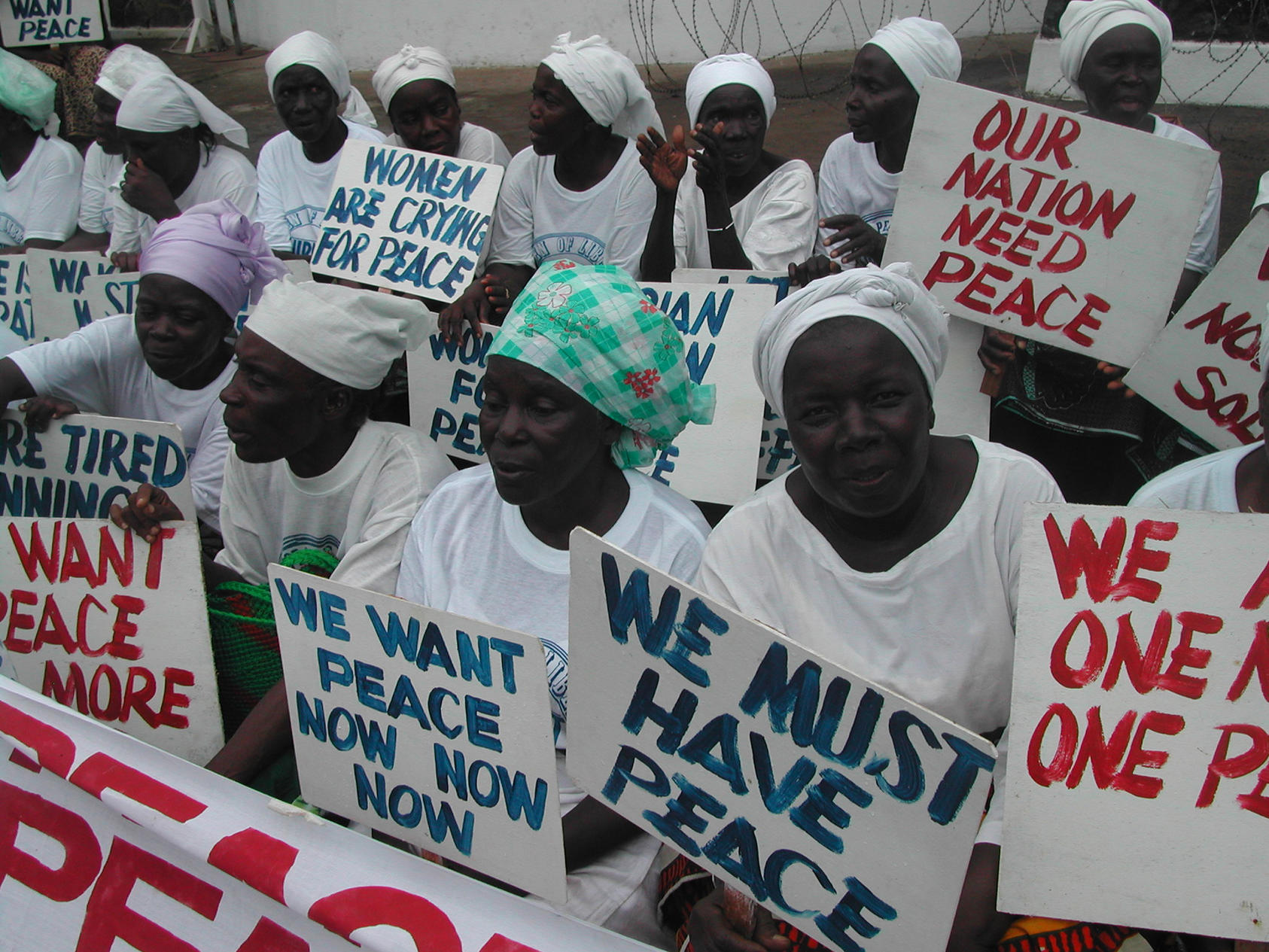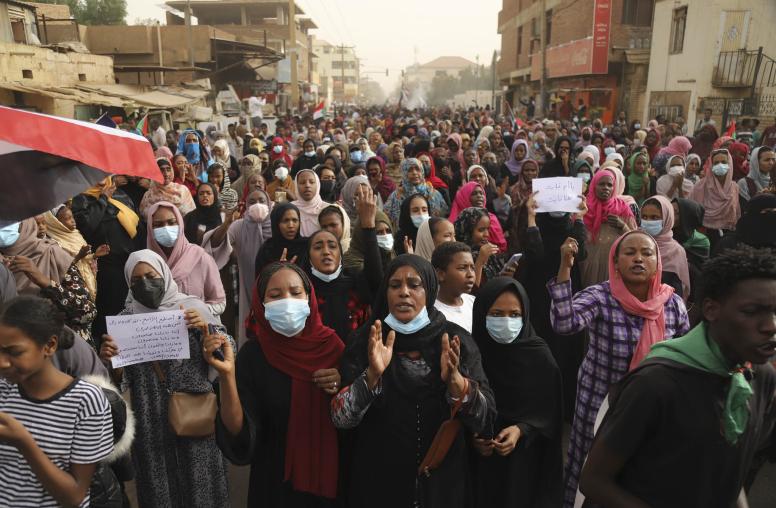Nonviolent Action: Micro-Course
This micro-course explores the history and dynamics of nonviolent movements. It presents the categories of specific methods of nonviolent action and some of the key theories that inform civil resistance strategies and campaigns.

Course Overview
By the end of this course, participants will be able to:
- Describe the importance of nonviolent action.
- Elaborate on how and why nonviolent action is such an effective approach in bringing about political, economic, and social change.
- Define nonviolent civil resistance and how is it distinct from other forms of social and political action.
- Identify the principles and theories of power to inform the practice of nonviolent action.
- Connect the theories and principles of nonviolent action to its practical application.
Agenda
Section 1 - Introduction
Introduces the importance of nonviolent action through real-world stories and asks the learner to reflect on their prior knowledge.
Section 2 - Pillars
Defines nonviolent action as well as its basic historical foundations and principles.
Section 3 - Tools
Introduces the primary tools and methods of nonviolent action.
Section 4 - Application
Explores how the tools discussed in the previous chapter are applied in real-life nonviolent action campaigns. Learners will then get the opportunity to complete a scenario that allows them to assess a nonviolent action campaign.
Section 5 - Conclusion
Provides a space for self-reflection and tests retention while earning a certificate.
Featured Scenario: Protests in Quisada
The students declared a non-violent movement, and began by protesting in front of government buildings and a month later also started staging sit-ins in the midst of critical city intersections. This nonviolent movement is in danger of fading away without achieving its goals. Utilizing the knowledge gained throughout this course, you will determine how to best address this situation. In this course we present a scenario in which you can apply the theories and concepts covered in this course to a fictional situation. A scenario is comprised of situation examples and you are asked to determine the best solution to each situation.
Instructors and Guest Experts
Instructors
- Daryn Cambridge, Professional Development Portfolio Manager (EPIC), Training Resources Group, Inc.
- Althea Middleton-Detzner, Director, PeaceTech Labs
- Maria J. Stephan, former Director of the program on Nonviolent Action, U.S. Institute of Peace
Guest Experts
- Erica Chenoweth, Associate Professor, Josef Korbel School of International Studies at the University of Denver
- John Lewis, former U.S. Congressman, Georgia


